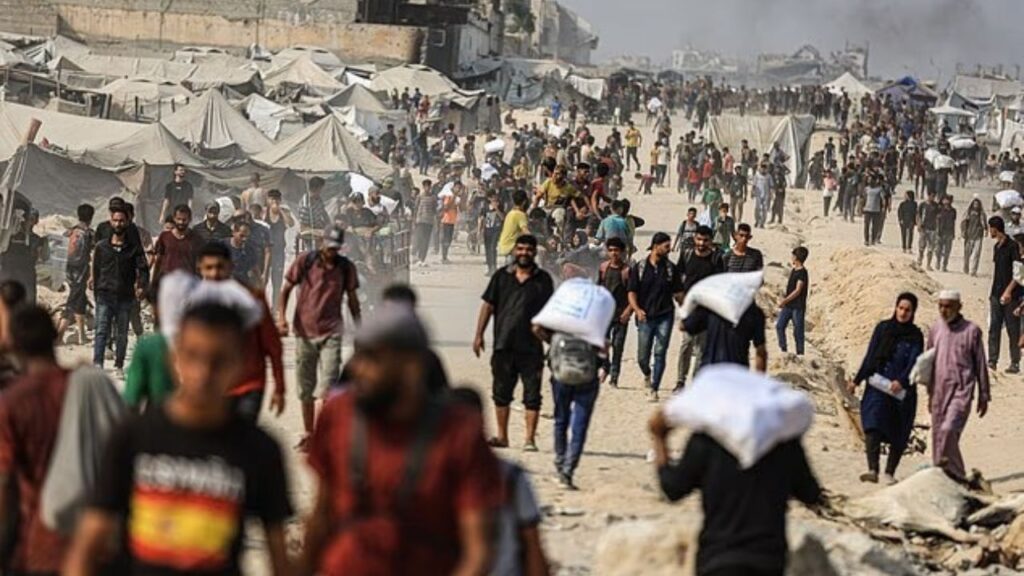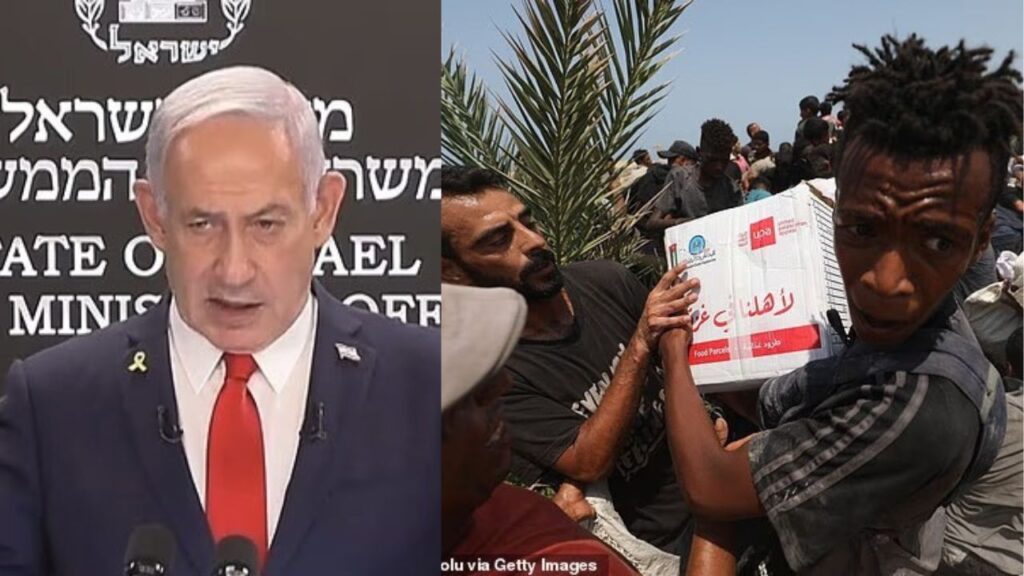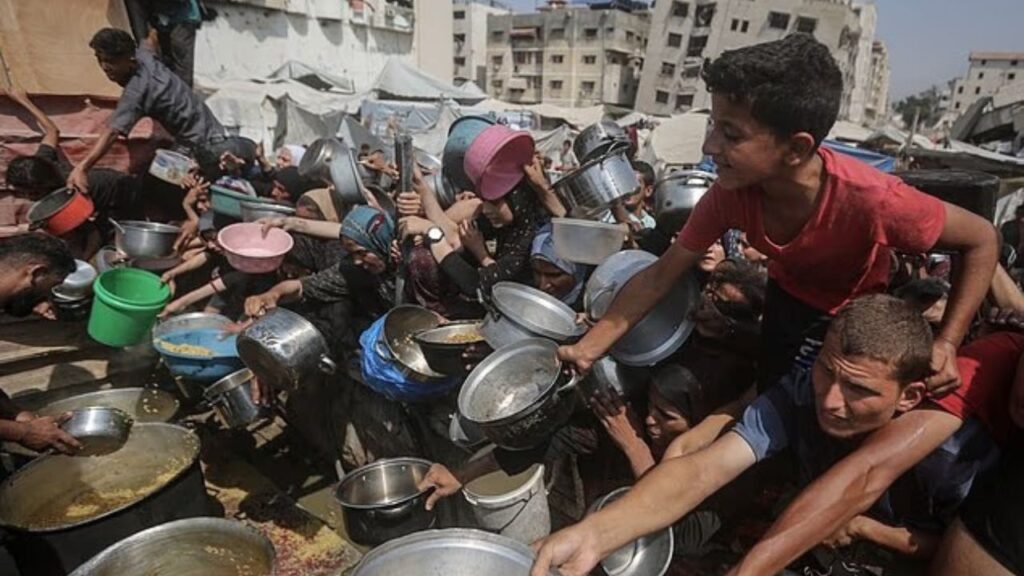Israeli Prime Minister faces international criticism as UN warns of “another calamity”
Israeli Prime Minister Benjamin Netanyahu has defended his controversial plan to seize control of Gaza City, declaring it represents the “best way to end the war” in the Middle East, despite widespread condemnation from international allies.
The Plan Under Fire
The strategy, which has drawn sharp criticism from Israel’s key partners, seeks to bring the entire Gaza Strip under Netanyahu’s government control. Currently, Israel maintains control over approximately 75% of the territory, with Netanyahu identifying two “remaining strongholds” where he claims Hamas militants operate: Gaza City in the north and the central refugee camps.
“Our goal is not to occupy Gaza, our goal is to free Gaza,” Netanyahu stated, promising action on a “fairly short timeline.” His objectives include complete demilitarization of Gaza, establishing Israeli military oversight for security, and installing a non-Israeli civilian administration.
Security Measures and Media Access
The Prime Minister outlined plans for a security buffer zone along Gaza’s border to “prevent future terrorist incursions,” referencing Hamas’s October 7, 2023 attack on Israel. In a surprising development, Netanyahu announced he had ordered the military to allow more foreign journalists into Gaza—a significant shift from the current policy restricting access beyond military-supervised visits.
Humanitarian Crisis Deepens
While Netanyahu defended Israel’s humanitarian efforts, citing nearly two million tonnes of aid delivered since the conflict began, the human cost continues to mount. Over 61,000 Palestinians have died since Israel’s retaliatory campaign commenced, with additional deaths from malnutrition not included in official counts.

Since June, when Hamas’s health ministry began tracking starvation-related deaths, 100 children and 117 adults have perished from lack of food in the Strip.
“I know of no other army that has enabled such aid to go to the civilian population in enemy territory,” Netanyahu claimed, rejecting allegations of implementing a starvation policy.
International Backlash
The international community responded swiftly to Netanyahu’s announcement. The UN Security Council convened a rare emergency weekend session, with UN Assistant Secretary Miroslav Jenca warning that implementing the plan would “likely trigger another calamity in Gaza, reverberating across the region and causing further forced displacement, killings, and destruction.”
European Security Council members, represented by Slovenia’s UN Ambassador Samuel Zbogar, criticized the decision as counterproductive to hostage recovery efforts and likely to “worsen the already catastrophic humanitarian situation in Gaza.”
Defiant Stance
Despite mounting international pressure, Netanyahu remained resolute in his position. “We will win the war, with or without the support of others,” he declared, signaling Israel’s willingness to proceed unilaterally if necessary.

The Prime Minister continued to attribute Gaza’s suffering to Hamas, maintaining that the militant group bears responsibility for civilian casualties, widespread destruction, and aid shortages throughout the conflict.






